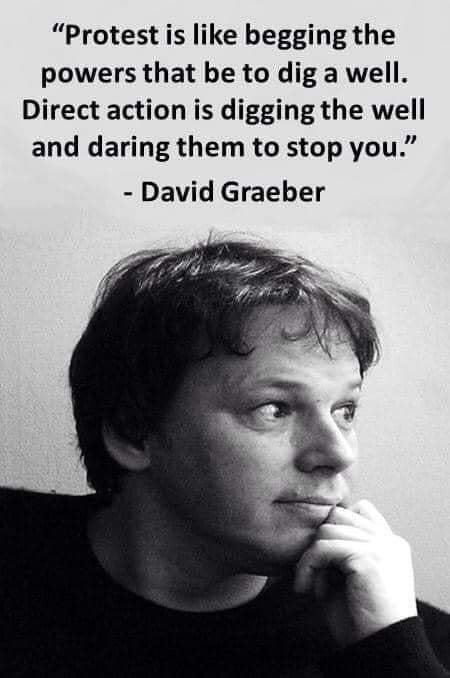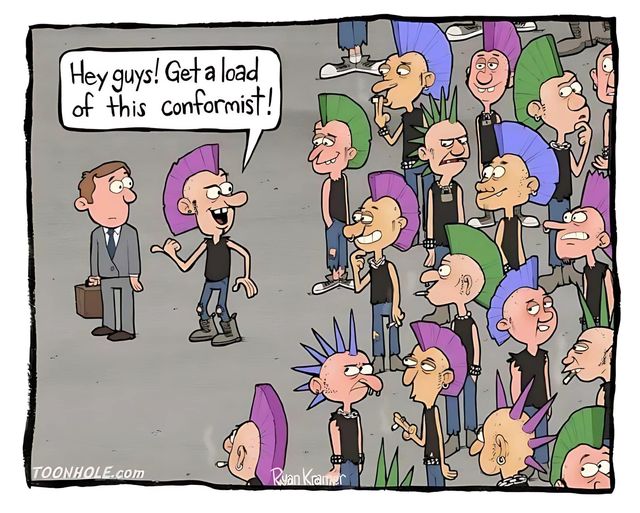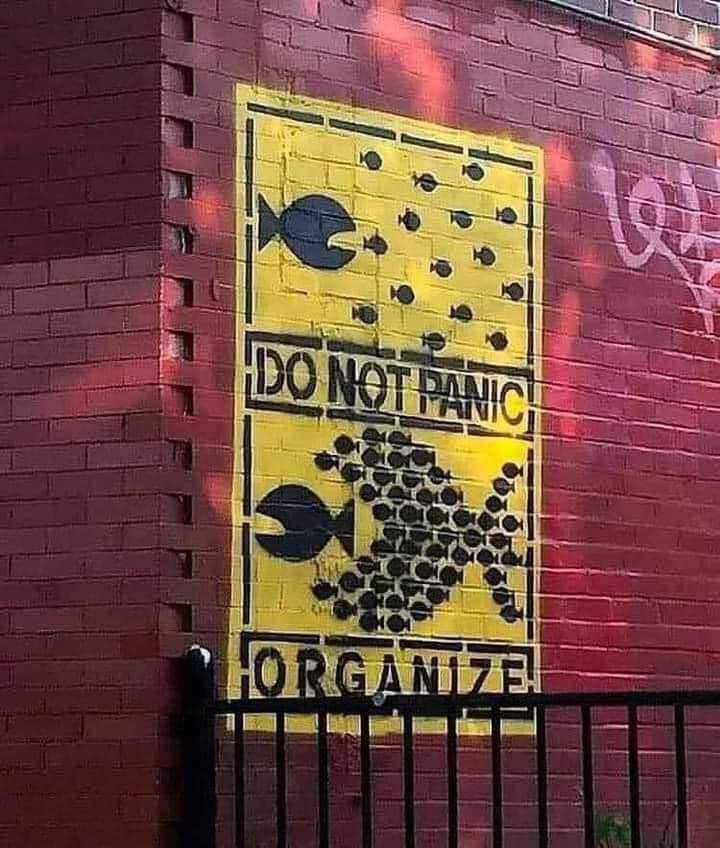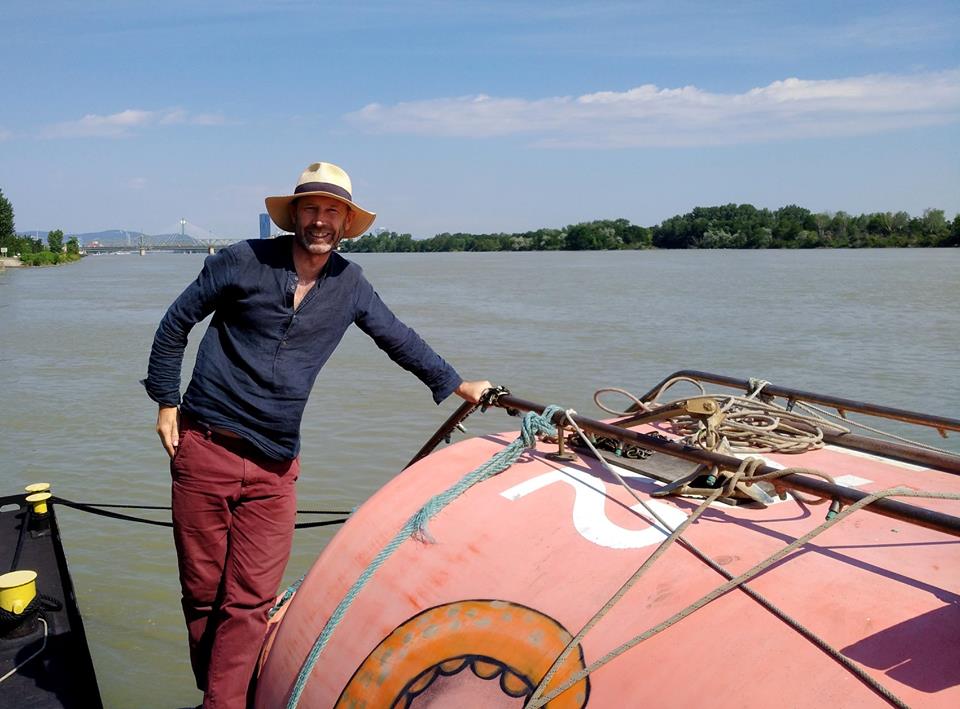The #geekproblem has been an ongoing issue in the development of radical and open internet paths. This is particularly evident in the influx of #mainstreaming users into the #Fediverse, bringing with them behaviours that, for us #openweb natives, are easy to recognize as part’ish, a mix of good intentions and ingrained habits that common sense uphold the status quo we are trying to move away from. Our response needs to be one of patience, hand-holding rather than outright biting, because if we want real change, we need to build bridges, not gates.
In the #geekproblem worldview, technical infrastructure is about CONTROL. The metaphor they use for protocols and interactions is a gateway, something that can be opened or closed at will, something that allows some people in and keeps others out. The #OMN, by contrast, understands this infrastructure in terms of TRUST. Our metaphor is a bridge, something that facilitates free movement, allowing people to interact organically, without arbitrary restrictions. This fundamental difference in perspective is crucial. In real life, bridges don’t have gates. This should be obvious, but it is entirely non-obvious to the geek mindset and its to often rigid coding paths.
The root is the lack of social thinking. One of the driving forces behind the constant tech churn, the never-ending cycle of new projects, new code, new systems that never seem to lead anywhere, is a fundamental lack of respect for joined-up social thinking. In the #geekproblem worldview, technology exists in a vacuum, disconnected from the wider social context. They believe they can invent from their limited social experience and simply ignore the history of radical movements that shapes the flows they supposedly code for.
This is why so many geek-led projects fail to align with humane agendas. Without social grounding, their work reinforces the dominant, pointless, and extractive tech industry culture rather than challenging it. The irony is that this problem isn’t just limited to #dotcons; it also infects the alt-tech sphere, where supposedly radical projects fall into the same patterns of CONTROL rather than TRUST.
Open vs. closed, is the same old struggle: #openweb vs. #closedweb, TRUST vs. CONTROL. It is useful to see this as the spirit of the age, a battle that has become a worldwide issue affecting both corporate platforms and alternative technology movements alike. To move away from tis mess, what we need is a radical shift in thinking. We need to move from a mindset of CONTROL, of hard blocks, of gatekeeping, of rigid protocol enforcement, to one of TRUST. This requires unlearning deeply ingrained habits and embracing the messy, leaky, social reality of real-world interaction. What can people do practically, the #4opens provide a clear path out of this mess, but the geek world’s obsession with control constantly obstructs this path.
Let’s look at our current work on this, how breaking the blocks is needed to shift this balance. The first step in this movement is to recognize that the current approach in the #Fediverse is failing. The narrow #DoOcracy model, which has dominated for the last five years, is not working. With the #dotcons bringing an influx of new people to the Fediverse, the problem is only going to get worse if we don’t address it. And it’s useful to remember that to do nothing is to actively block progress.
Solutions, are about challenging the orthodoxies, that the dominant thinking in tech culture is not set in stone. We need to push back against the assumption that CONTROL is the only way to maintain order.
- Build bridges, not gates: The infrastructure we create must facilitate movement and exchange, not gatekeeping and restriction. We must actively design for TRUST rather than CONTROL.
- Reject the #fashernista trap: Many existing solutions are just old ideas dressed up in new clothes. If we want real change, we must strip away the façade and get to the core of what actually works, not simply recreate the same mess, with shiny coverings.
- Trust-based coding: We need to find and support #FOSS coders who are willing to build systems based on trust, rather than reinforcing the culture of control. The #OGB is one example of an initiative attempting to do this.
- Learn from history: We need to avoid repeating the mistakes of the past. For a #mainstreaming example, the Soviet Union’s control-based economic system ultimately failed, and we should be wary of replicating its top-down approach in our tech movements.
We need this non-mainstreaming movement, a truly radical path to break free from the invisible constraints that now seem like common sense to to meany people. One way is to go back in time, before these blocks solidified, and build up from there. Non-mainstreaming tech must be SOCIAL and COMMUNITY-driven. To achieve real social change, we step away from the current narrow geek agendas and refocus on the needs of people rather than the diversity of protocols. Let’s treat them as simple flows.
The #OMN project is an answer to this problem. By using the #4opens as a foundation, we build open and transformative alternative to both #dotcons and alt-tech dead ends. But to get there, we must first overcome the obsession with control. The bottom line is the desire for CONTROL in both code and culture is a dead-end. It is part of the #deathcult ideology that shapes both corporate and alternative tech spaces. If we want to break free from this cycle, we must embrace TRUST, social thinking, and real-world complexity. We must compost the old ways of thinking and build something new.
The solution is clear, #KISS stop hard-blocking progress, embrace messiness as a necessary part of building real alternatives, design systems that prioritize TRUST over CONTROL. If we can do this, we have a chance to build the future we actually want. If not, we will remain trapped in an endless cycle of reinvention, failure, and stagnation.
The choice is ours. Let’s make it wisely.







